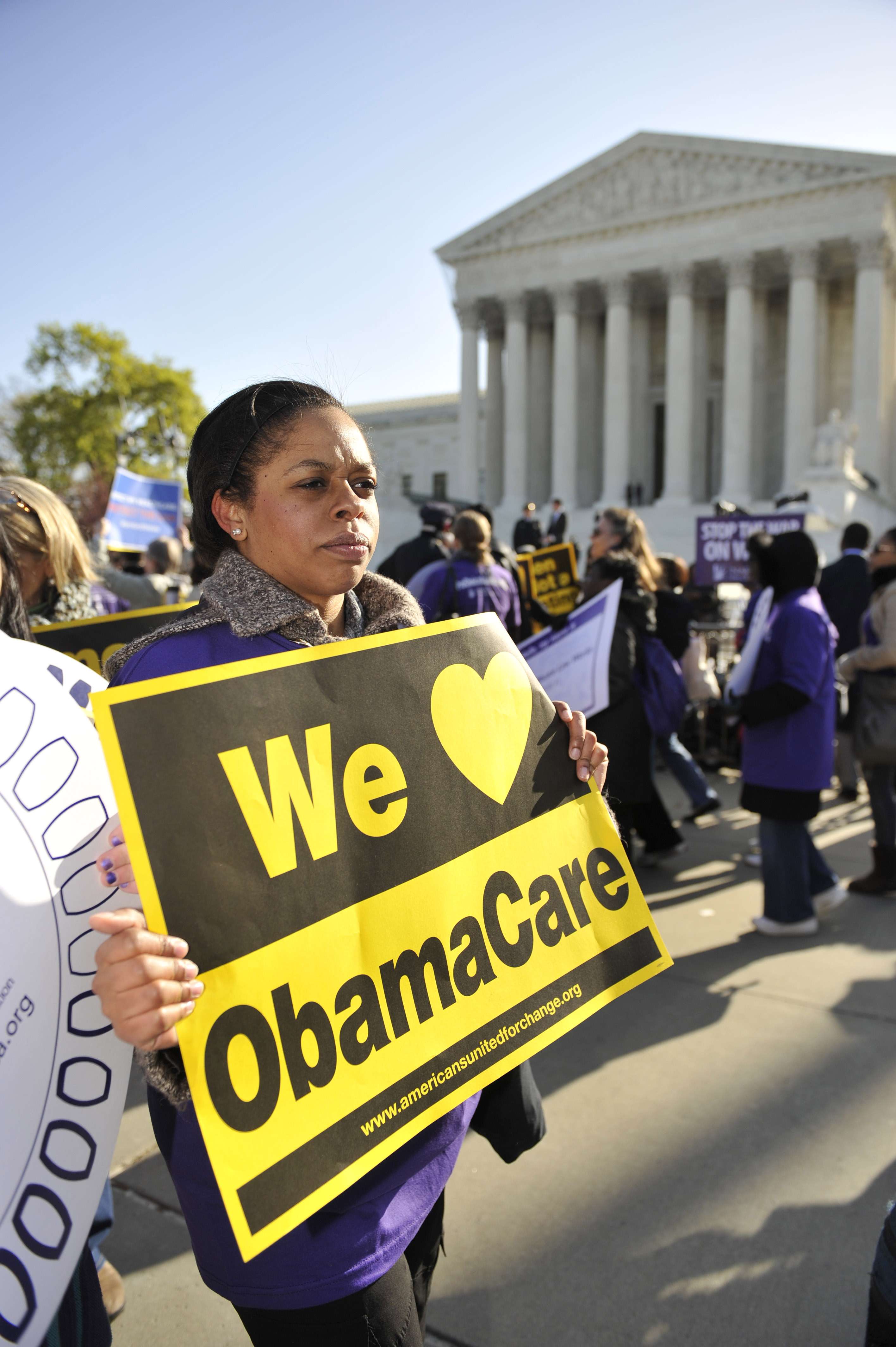A Texas Judge Just Ruled Obamacare Unconstitutional
The ruling will almost certainly be appealed.


A judge in Texas just ruled Obamacare unconstitutional. If the ruling stands, the entire law will be struck down.
Wow, but not surprisingly, ObamaCare was just ruled UNCONSTITUTIONAL by a highly respected judge in Texas. Great news for America!
— Donald J. Trump (@realDonaldTrump) December 15, 2018
It's difficult to imagine that will happen, however, as the ruling is nearly certain to be appealed, and this particular case against the law has real weaknesses.
The lawsuit, which was filed by a group of conservative state attorneys general, stems from last year's tax law, which set the individual mandate penalty to zero.
The Supreme Court previously ruled that the mandate was constitutional, but only as a tax. Since it now raises no revenue, the argument goes, it's no longer a tax, and therefore not constitutional.
That's fair enough, as far as it goes. The mandate, which is effectively eliminated already, probably should be stricken from the books.
The problem is that the case also argues that the rest of the law is unconstitutional because of findings made as part of the passage of the original statute which say that the mandate is not severable from the rest of the legislation. The basic idea is that Congress never intended for the rest of the law to exist apart from the mandate. As judge Reed O'Connor wrote in the ruling, "Congress stated many times unequivocally—through enacted text signed by the President—that the Individual Mandate is 'essential' to the ACA." In this view, it's all or nothing.
The question, though, is which Congress? As Case Western Law Professor and Volokh Conspiracy contributor Jonathan Adler, who is a longtime critic of the health care law, has argued (along with others), the policy statements made as part of the original law don't really matter, not anymore, because last year's Congress told us quite clearly that they did believe the law could stand on its own without a mandate penalty. We don't have to guess at the intent of the Congress that modified the law, because they told us quite clearly that they believed that the rest of the Affordable Care Act could stand in the absence of a tax penalty.
Complicating things further is the fact that the Trump administration has taken the somewhat unusual step of declining to enforce the law's pre-existing conditions regulations, although the administration maintains that the rest of the law (namely the insurance subsidies and the Medicaid expansion) should stay in place.
This is the beginning of this particular legal saga rather than the end. And while anything is possible, the most likely outcome is that Obamacare remains in place; even if the case makes it to the Supreme Court, it's unlikely that the AGs will prevail, since Brett Kavanaugh wrote an opinion offering up a potential argument for saving the law. In any case, it looks like Obamacare's future will once again depend on the courts.


Show Comments (138)